There’s no pressing need for a firm hit by the crisis to rush to banks for relief. To enjoy the fruits when the going is good and come to the bank or Govt for help when in crisis is unacceptable
On March 27 the Reserve Bank of India (RBI) Governor, Shaktikanta Das, announced a comprehensive action plan to resuscitate the economy devastated by the Coronavirus. Apart from measures to increase availability of credit and reduction in the cost of capital, the plan sought to ease the stress of loan repayments on businesses and individuals. Among others, this included a three-month moratorium on payment of instalments in respect of all term loans outstanding on March 31. On May 22, Das announced extension of the moratorium for three months till August 31. To ease the burden of payment on those who availed of working capital facilities, the Governor allowed them to convert accumulated interest for the deferment period into a funded interest term loan (FITL) which can be paid by March 31, 2021.
The RBI eased asset classification norms for all accounts coming under moratorium, too. These accounts will be treated as non-performing assets (NPA) from 270 days overdue instead of 90 days overdue as per extant rule. It has also extended the 210-day resolution period for all large stressed accounts under its June 7, 2019 circular (on its expiry, if banks are not ready with a resolution plan, the Insolvency and Bankruptcy Code [IBC]comes into play) by a further 180 days. To address the situation after the moratorium ends, on August 6, the RBI announced a scheme for one-time restructuring of the debt for large companies, besides extending till March 31, an existing restructuring scheme for micro, small and medium enterprises (MSME) with relaxed norms. It also set up an expert committee under KV Kamath to recommend the required financial parameters, along with the sector-specific benchmarks for this special window.
Meanwhile, one Gajendra Sharma had filed a Public Interest Litigation (PIL) in the Supreme Court (SC) demanding waiver on interest charged by a private bank, citing relief given by the RBI on payment of Equated Monthly Installments (EMIs) during March and August 31, due to the pandemic. During the last three months or so, the SC has heard the matter thrice. It has made the following observations: On June 4 it said, “On one hand, you are granting moratorium (on loans) but continuing with interest. It is more detrimental.” On June 17 it observed, “There is no merit in burdening customers, who have opted for the RBI-approved loan moratorium, with additional interest. Once you fix a moratorium it should serve the purpose desired. We see no merit in charging interest on interest.”
On September 10, 2020, it said, “We are keen to waive interest on interest” for borrowers who availed the moratorium and asked the Government and the RBI to come up with a “concrete plan” with regard to the vexed issue. It posted the matter for hearing on September 28, when it is likely to give its final order.
From the above, it is abundantly clear that the SC does not want banks to charge interest on interest for the moratorium period. Whether or not this will get reflected in its order, one can only wait and watch. Meanwhile, it may be worthwhile to look at the desirability or otherwise of such a move in particular, its impact on the viability and financial stability of the banking system.
At the outset, by granting moratorium to all and sundry, the RBI gave a signal that almost everyone would be devastated by the pandemic.
The SC has gone a step further by aligning itself with a plea that the banks should also not be charging “interest on unpaid interest amount during the moratorium period.” Such a sweeping and broad-based generalisation is totally divorced from the reality. No doubt, the Coronavirus has caused unprecedented damage but this can’t be pushed to a point of arguing that almost everyone has been incapacitated and hence unable to service the loans. After all, even during the lockdown, a number of activities, especially health related, all essential goods and services besides firms in several other sectors permitting work from home (WFH) continued their business. Look at the Gross Domestic Product (GDP). During April-June 2020 it was about 23 per cent less than during April-June 2019 but it was not reduced to zero.
Businesses which contributed to this GDP (about Rs 2,550,000 crore during April-June 2020) can’t be termed as not being in a position to service their loan. The proof of the pudding is in the eating. A large number of borrowers have not availed of the moratorium. For instance, in case of the State Bank of India (SBI), over 80 per cent of its retail borrowers did not avail of the moratorium for two out of the first three months (March-May) initially allowed by the RBI. Further, 90 per cent of such borrowers did not avail of the moratorium for one month. In other words, they continued to pay their EMI.
Yet, if in retrospect, the SC allows waiver of “interest on unpaid interest amount” for all and sundry, this will be unfair to and discriminate against such borrowers who decided not to avail of the moratorium and continued to service their loans. A business by nature has ups and downs. Every enterprise has a phase of buoyancy when it gets to reap extraordinary profit (for instance, in the automobile sector during 2017-18/2018-19). Why can’t the surplus or savings from those years be used as a buffer against the current setback? Alternatively, in future, say during 2022-23, when the pandemic impact will subside and the sectors start generating good profits, the surplus to be retained therefrom will provide adequate cushion to pay for current liabilities (including interest on interest).
The point in short is that there is no compelling need for a firm impacted by the crisis to rush to banks for relief. To enjoy the fruits when the going is good and come to the bank or Government for bail-out when in crisis is totally unacceptable. A bank does not run a charity. Its business model involves taking money from depositors in lieu of promising a fixed return (call it interest rate) which is added to the invested amount and returned to the depositor on maturity. The bank lends the funds thus collected to borrowers, viz. industries, businesses or individuals and so on and uses the interest earning to service its depositors (besides paying for its own “intermediation” expenses).
The bank is legally bound to honour its contractual obligation to the depositor i.e. it must return to him/her the principal amount plus accrued interest on the maturity/due date. Imagine a situation wherein a bank defers payment of the interest portion say by six months (because it is under stress for that long). Then it will necessarily have to pay “interest on the unpaid interest amount.”
The depositor won’t forego this just because the bank was under stress. This logic holds with equal force when it comes to the borrower discharging his/her liabilities to the bank. If the former delays payment of interest (courtesy, moratorium mandated by RBI) then it must pay “interest on unpaid interest amount” to the latter. Yet, if the top court forces banks to forego it, this will dent their ability to service the depositors. It will strike at the root of architecture of the financial system and pose a serious threat to the viability of bank.
Businesses can always approach banks for support by way of additional funding and negotiate for changes in the terms of payment. This is precisely what the RBI is facilitating by way of one-time restructuring scheme (as 26 sectors have been identified by the Kamath Committee for a customised package). But to expect banks to bear a portion of the cost in a broadside and high-handed manner is an abhorrent idea.
On the other hand, to expect the Government to pick up the cost tag would also be illogical and unfair. Apart from Covid-related expenses on medical facilities and health infrastructure (besides increasing expenditure on defence in the current security environment), the Union’s scarce resources need to be preserved only for addressing basic needs of the poor whose survival depends on daily wages and who — unlike firms — had neither any savings from the past nor any hope of having any windfall gain in the future.
To conclude, if SC orders what it has alluded to, this will affect the viability of banks or further bloat fiscal deficit (in case, the Government foots the bill), thereby jeopardising the country’s macro-economic fundamentals. This should be avoided and businesses need to remain focussed on making best use of the RBI’s package. Even so, the most crucial requirement at this juncture is to “flatten” the Covid curve at the fastest pace so that economic activities get back to normal. Sans this, any relief, howsoever generous, won’t be of much help.
(The writer is a New Delhi-based policy analyst)








 OpinionExpress.In
OpinionExpress.In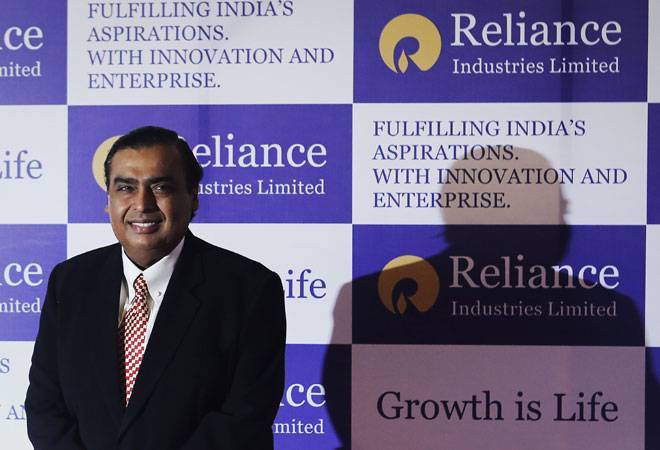
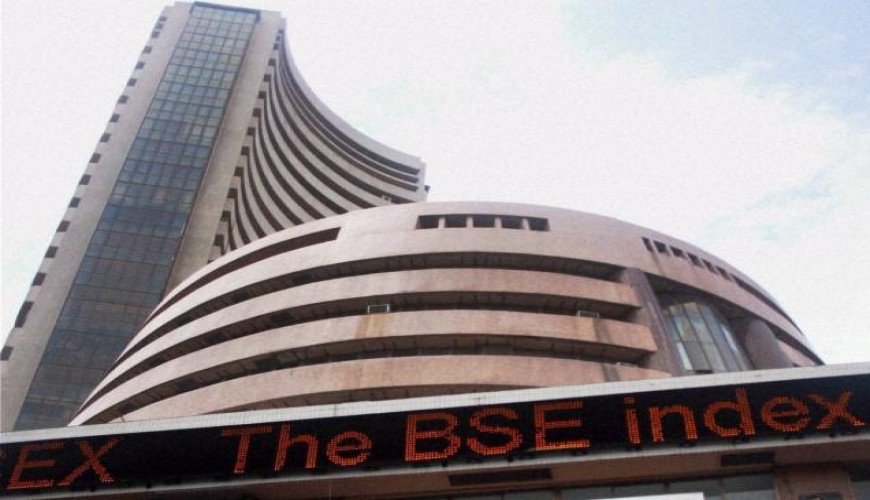
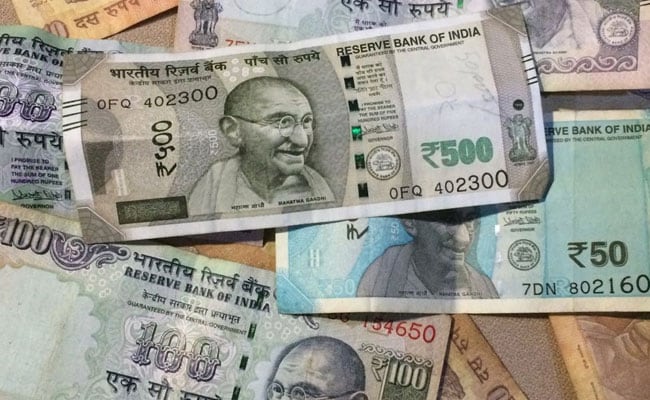

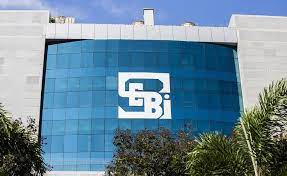


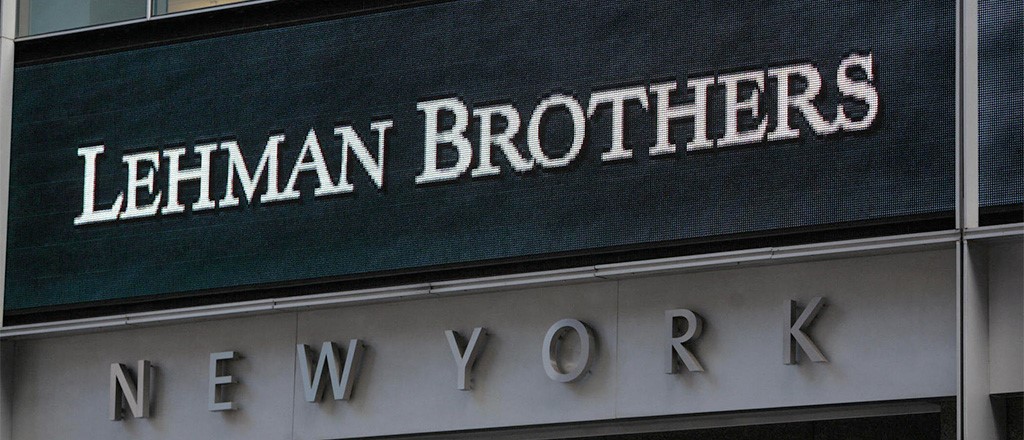
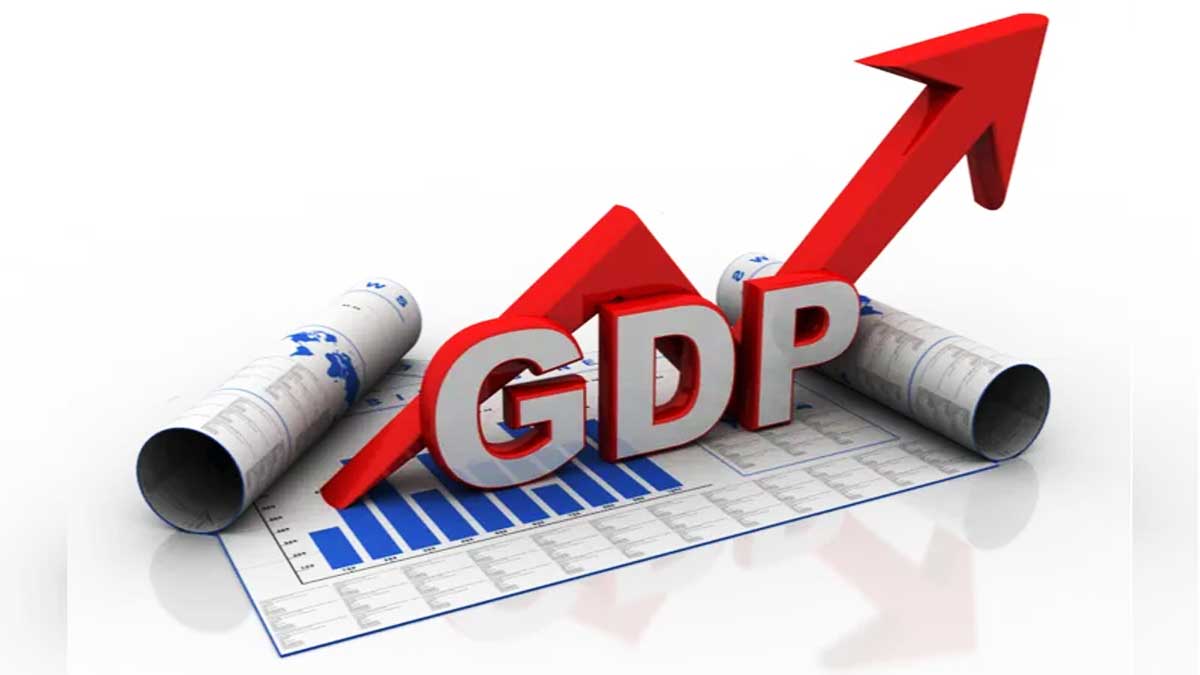
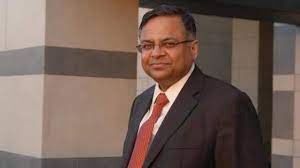






Comments (0)